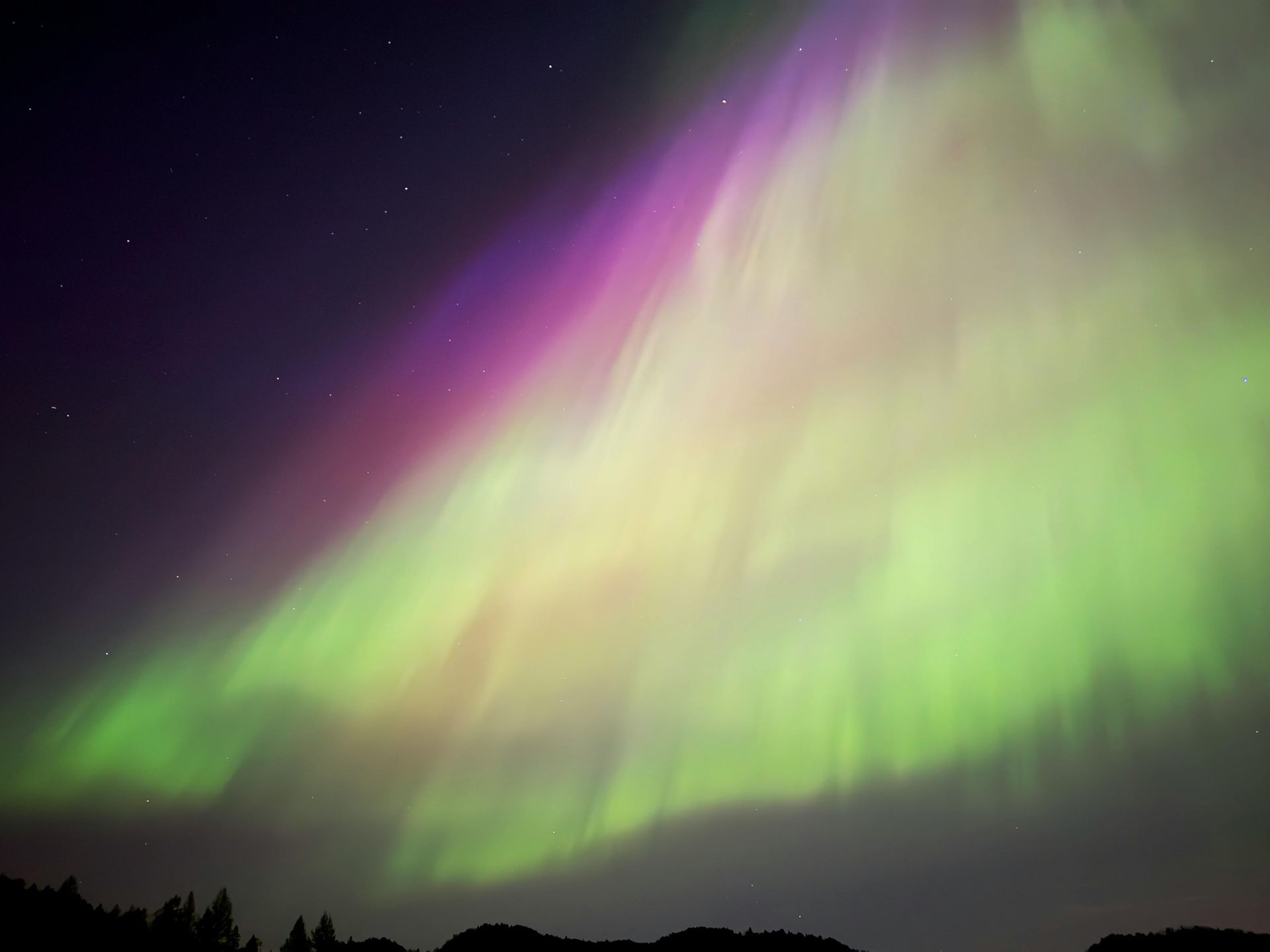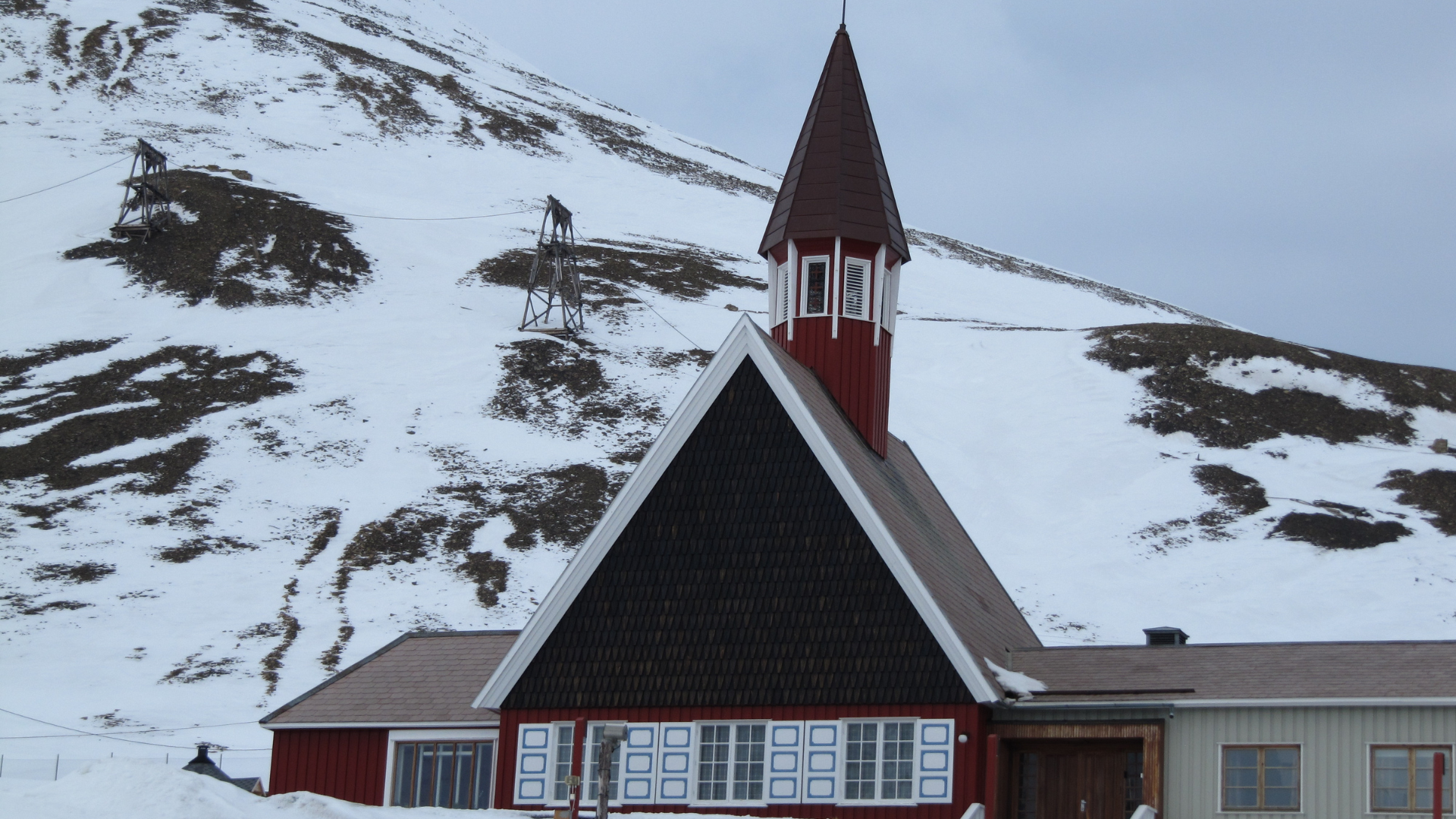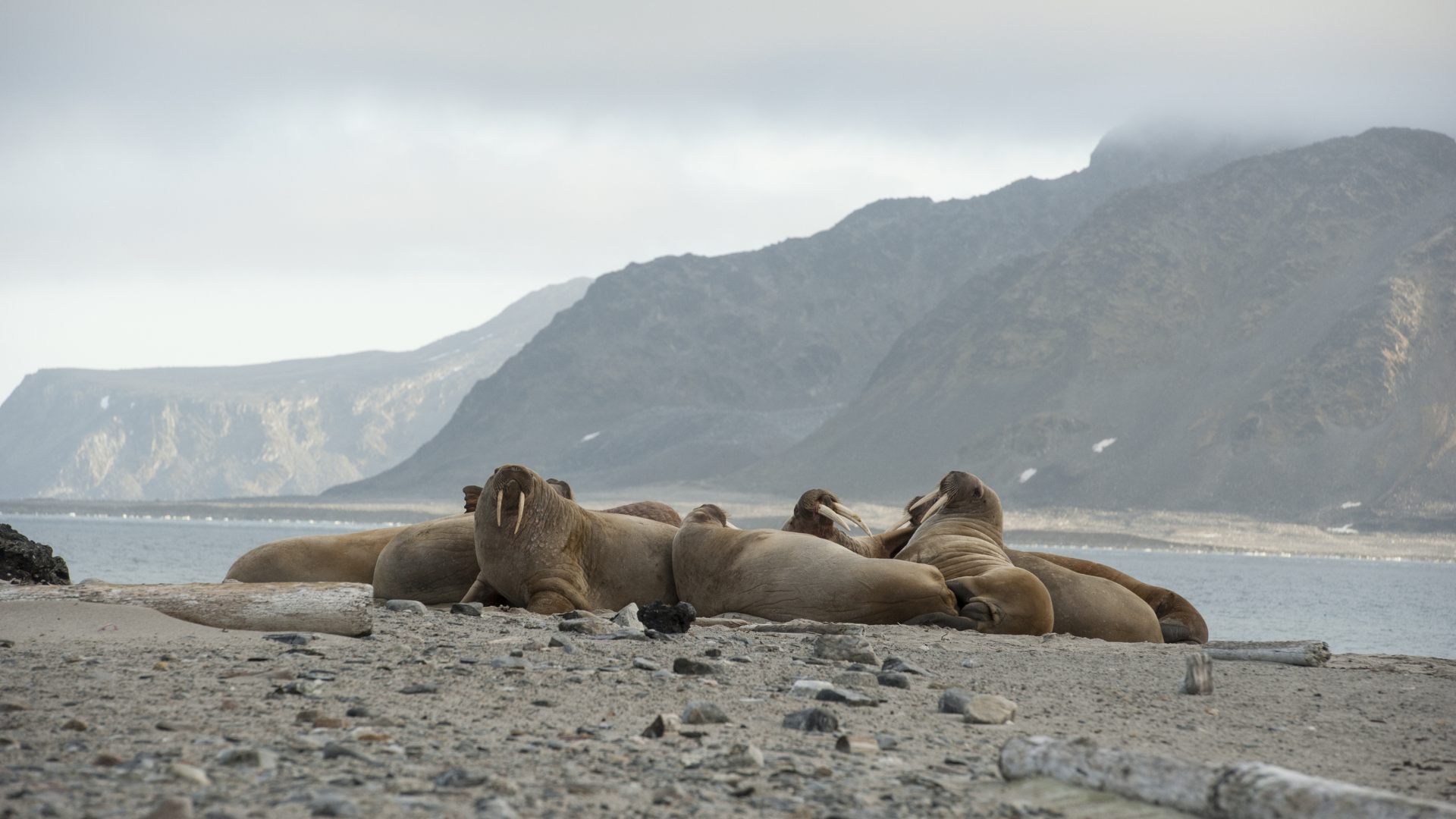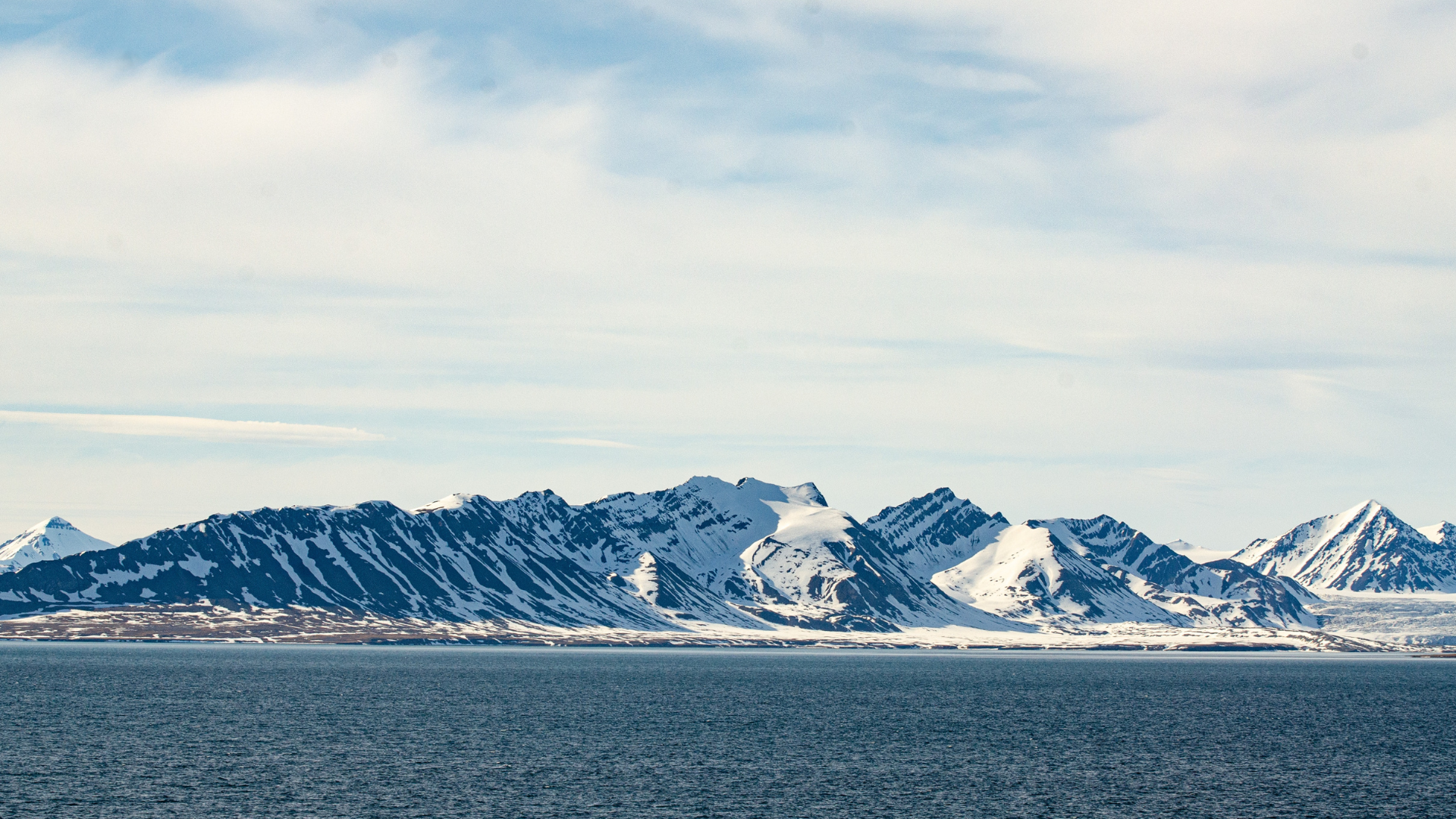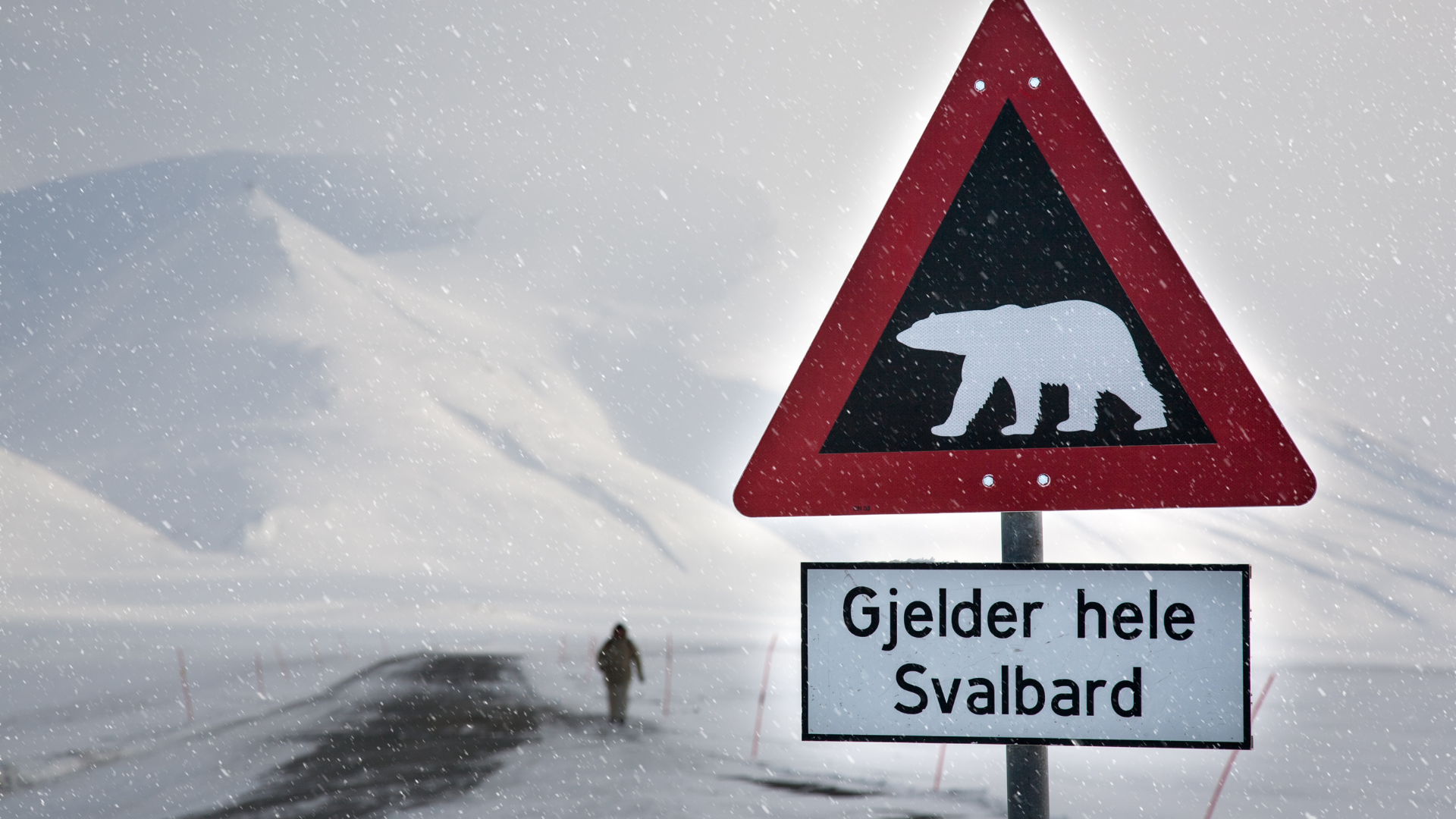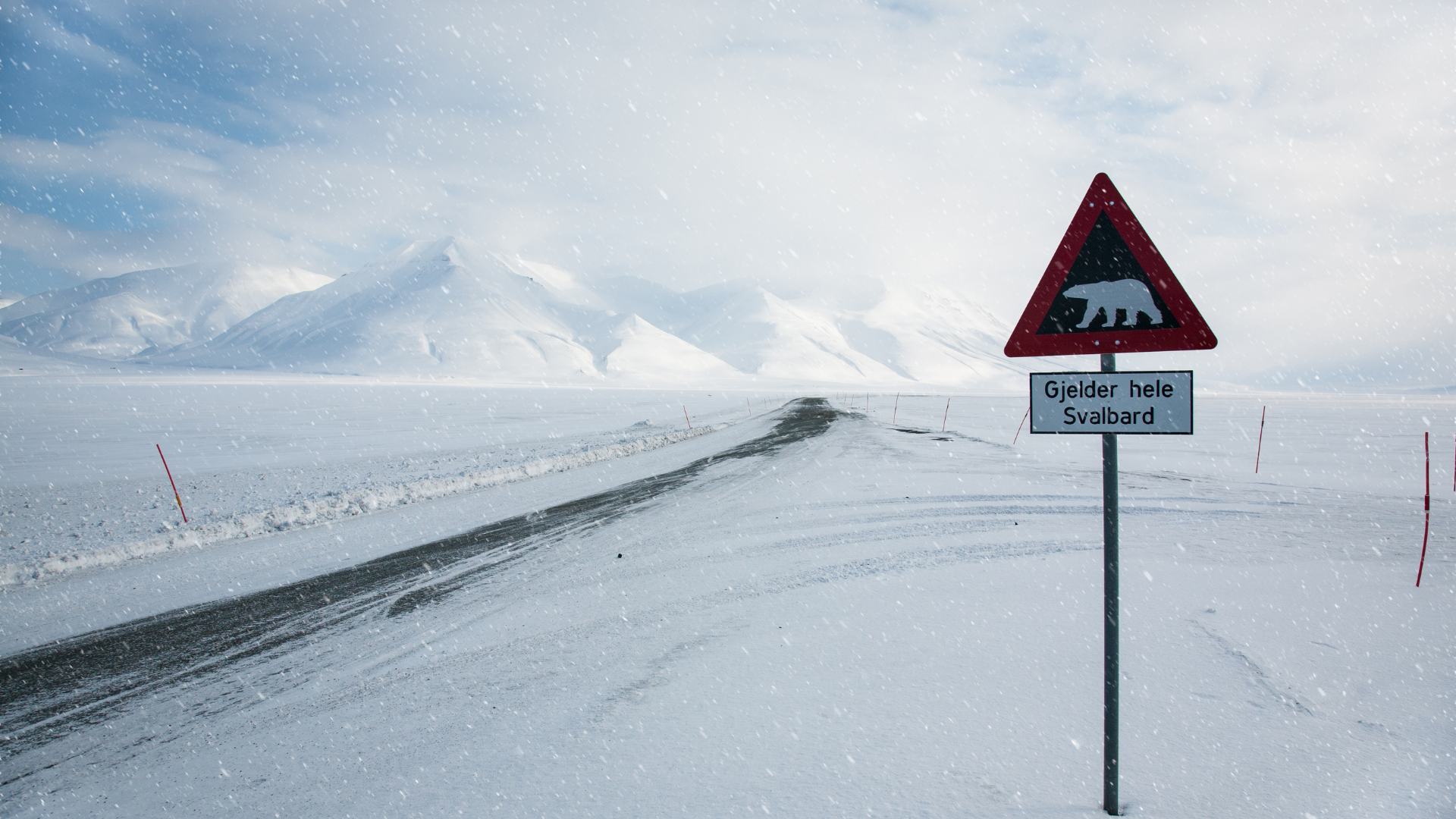Things to Know Before You Visit Svalbard: A Guide to the Arctic Wilderness
Nestled deep within the Arctic Circle lies Svalbard, an archipelago shrouded in mystery and surrounded by pristine wilderness. With its rugged landscapes, unique wildlife, and captivating beauty, Svalbard beckons adventurers from around the globe. However, before embarking on a journey to this remote corner of the world, there are several key things to know to ensure a safe and rewarding experience.
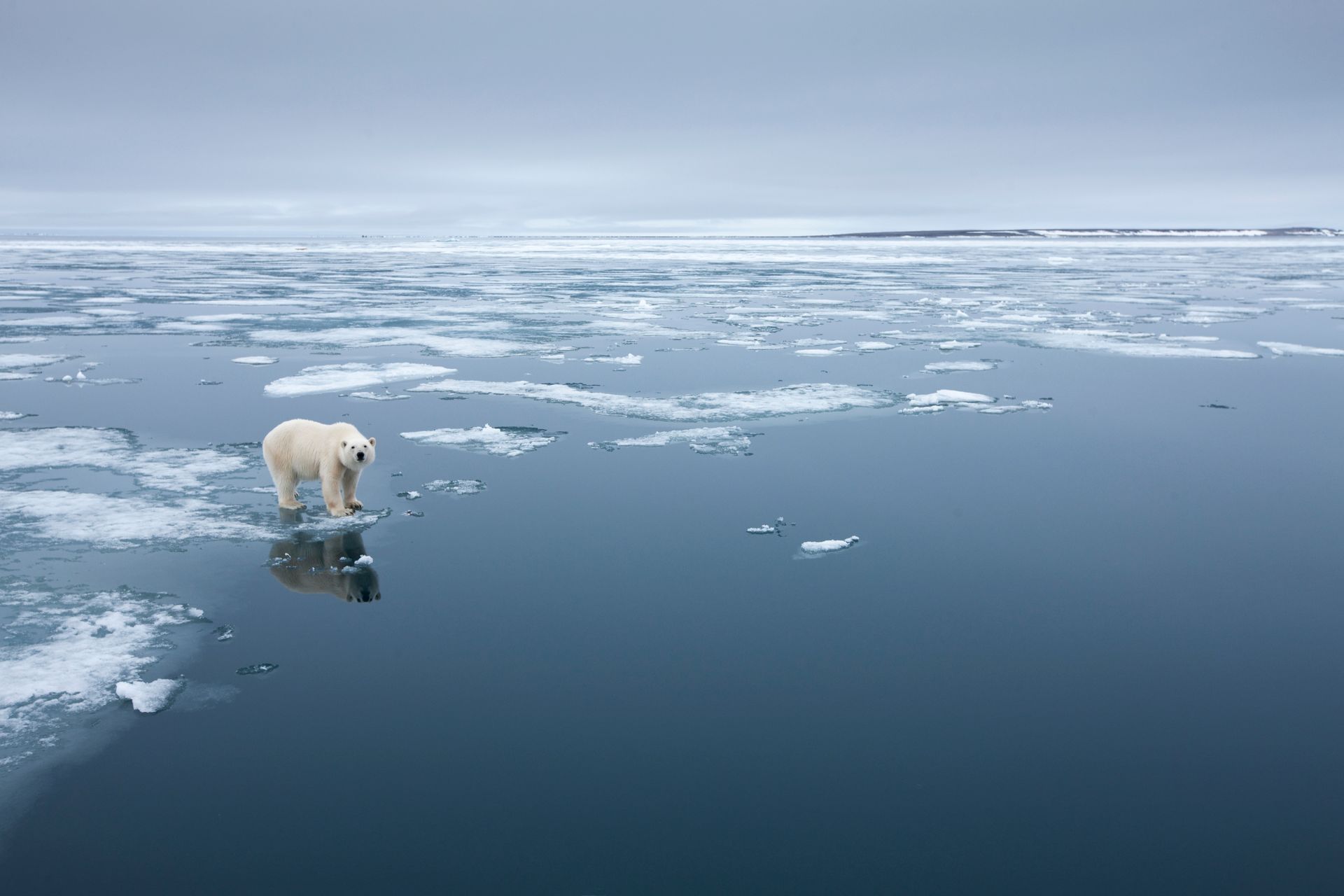
1. Arctic Climate and Weather
Svalbard's climate is characterized by extreme temperatures and harsh weather conditions, particularly during the winter months. Temperatures can plummet well below freezing, and snowfall is common even in summer. Visitors should come prepared with appropriate cold-weather clothing, including insulated jackets, waterproof boots, gloves, and hats. Additionally, it's essential to monitor weather forecasts and heed any warnings issued by local authorities.
2. Polar Bears and Wildlife
Svalbard is home to a diverse array of wildlife, including polar bears, Arctic foxes, reindeer, and various bird species. Polar bears, in particular, roam the archipelago's icy landscapes and are encountered with caution. It is crucial to be aware of polar bear safety protocols and to always carry deterrents such as flares or bear spray when venturing outside of inhabited areas. Guided wildlife tours offer the best opportunity to observe these magnificent creatures in their natural habitat while ensuring safety for both humans and animals.
3. Remote and Isolated Environment
Svalbard is one of the world's most remote and isolated destinations, with limited infrastructure and services outside of major settlements like Longyearbyen. Visitors should be prepared for the challenges that come with traveling in such a remote environment, including limited medical facilities, sparse transportation options, and the need for self-sufficiency in emergency situations. It's advisable to carry essential supplies such as food, water, and emergency equipment when venturing into the wilderness.
4. Environmental Responsibility
Preserving Svalbard's fragile ecosystem is of paramount importance. Visitors are expected to adhere to strict environmental guidelines aimed at minimizing human impact on the delicate Arctic environment. This includes respecting wildlife and their habitats, refraining from littering, and following designated trails to minimize damage to vegetation and fragile ecosystems. By practicing responsible tourism, visitors can help protect Svalbard's natural beauty for future generations to enjoy.
5. Cultural Sensitivity
Svalbard is home to a diverse community of residents hailing from various countries and cultural backgrounds. Visitors should be respectful of local customs, traditions, and sensitivities. Additionally, it's essential to recognize the historical significance of Svalbard's indigenous peoples, including the Sámi, and to engage with their cultural heritage respectfully and responsibly.
6. Legal Considerations
While Svalbard operates under Norwegian sovereignty, it is governed by a unique set of laws and regulations established by the Svalbard Treaty of 1920. Visitors should familiarize themselves with local regulations regarding activities such as wildlife viewing, photography, and outdoor recreation. Additionally, it's important to obtain any necessary permits or permissions before engaging in certain activities, such as snowmobiling or camping in designated areas.
Visiting Svalbard is a once-in-a-lifetime experience that offers unparalleled opportunities for adventure, exploration, and discovery. By understanding and respecting the unique challenges and considerations of traveling to this remote Arctic wilderness, visitors can ensure a safe, enjoyable, and responsible journey. From breathtaking landscapes to encounters with majestic wildlife, Svalbard promises an unforgettable adventure for those willing to venture beyond the beaten path.


